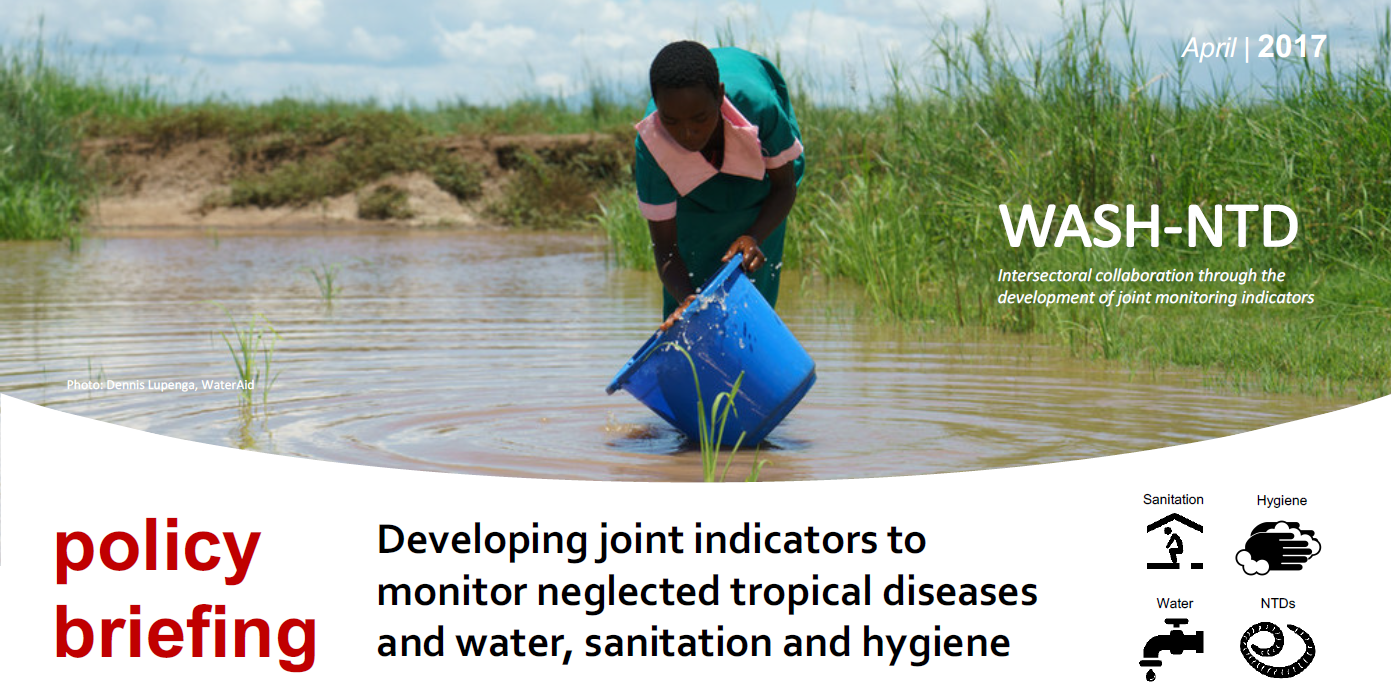As our vision states, we strive to generate evidence that catalyzes change by informing interventions and policies. Our group develops policy briefs, that provide a concise summary and recommendations, in order to disseminate results and findings from our research projects to stakeholders and the general audience.
October 2017
Human health risks of exposure to animal feces
Exposure to animals and animal feces has mixed effects on diarrhea and child growth; potentially increases risks of environmental enteric dysfunction, soil-transmitted helminth infection, and trachoma; and has mixed effects on pathogenic infection by specific zoonotic fecal pathogens.
June 2017
The Important role of fidelity and adherence
Comprehensive WASH in schools interventions can reduce absence and diarrhea when delivered with fidelity and adhered to by beneficiaries. Rigorous program monitoring and follow-up is important to ensure that benefits are maximized and adverse effects are averted.
May 2017
Assessing School-based WASH outcomes
Practitioners should consider comprehensive school-based WASH interventions as an effective means to reduce child diarrhea and respiratory illness. However, absenteeism is less likely to reduce because it is driven by numerous other non-WASH factors.
April 2017
Joint Indicators for WASH-NTD
Indicators generated in this process are broadly applicable across a range of NTDs, and experts were generally in agreement on the final list of joint indicators. Throughout the selection process, experts were forced to make trade offs between indicator importance and data collection feasibility. These findings should be integrated into existing NTD programme level monitoring, and used to contribute to relevant discussions on national, regional, and global level monitoring.
March 2017
Budgeting for sustainable wash in schools
Many schools in Kenya do not meet standards for safe WASH, and additional investment in operation and maintenance of WASH facilities is likely to reduce the need for reinvestment in broken or unsafe WASH facilities. Budgetary information on WASH life cycle costs can help schools plan for funding operation and maintenance.
February 2017
Private sector dry sanitaion in schools
Private sector dry sanitation should be considered as a feasible alternative to sewage sanitation in informal settlements. While follow up efforts are needed to capture the life cycle costs and sustainability beyond one year, these findings suggest that public-private partnerships could allow outsourcing sanitation responsibilities to private service providers to meet the demand for safely managed sanitation.






